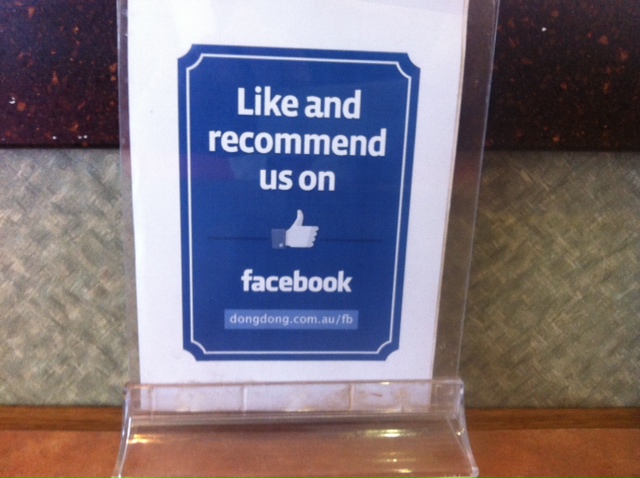Like teenagers, social media platforms are struggling to understand their position in the world.
For the last week I’ve been dipping into the Sydney sessions of Social Media Week and what’s quite clear from the panels and keynotes is the industry and the services themselves are struggling to find how they fit into society.
Two weeks ago LinkedIn’s senior management were in Sydney describing their ambition to be a global publishing platform, something that’s at odds with the company’s success in becoming the dominant professional social network.
Compounding the feeling of confusion about what LinkedIn is, CEO Jeff Weiner followed up with a discussion of how the service had an ethical crisis over its entry into the Chinese market.
A conflict of interest
During the Social Media Week sessions panellists and the audiences agonised over their struggles to engage audiences or how social media services, particularly Facebook, were limiting their reach.
Facebook has a particular problem; its users want to know about their friends, families and interests while not really caring about brands but its advertisers – the people who pay the bills – desperately want to embed themselves into their followers’ lives.
So Facebook has to throttle back the amount of brand content and marketing material to prevent users being irritated by excessive advertising. Understandably advertisers get upset with this, although its hard to feel much sympathy for businesses and agencies who thought they had a free broadcasting channel in the social media platforms.
Twitter and every other social media platform is suffering similar problems, albeit without the revenues and stock market valuation.
An even more stark illustration of social media’s immaturity is the industry’s reaction to privacy with, at best, a shrug about concerns over the handling of users’ information – this is something that will almost certainly damage the industry in coming years.
One of the problems for the social media industry could be that its overvalued and overhyped; while there’s no doubt a valid role for the services in modern life most of the companies won’t turn out to be as valuable as they and their investors hope.
Startstruck platforms
Part of that quest to increase value results in probably the saddest adolescent aspect of social media: The need to be liked by the cool kids.
Like a lonely teenager, social media platforms are often starstruck; LinkedIn has gone through its phase of being in the thrall of high profile influencers for its publishing function, Twitter desperately courts celebrities and Google Plus in its fawning towards music stars, all of whom seemed exempt from the real name policies that caused so much grief for the company and its users a few years back.
For the social media industry, adolescence is a tough time with many struggles about its own identity similar to those of its users. It will be interesting to see how it matures.
Similar posts:



